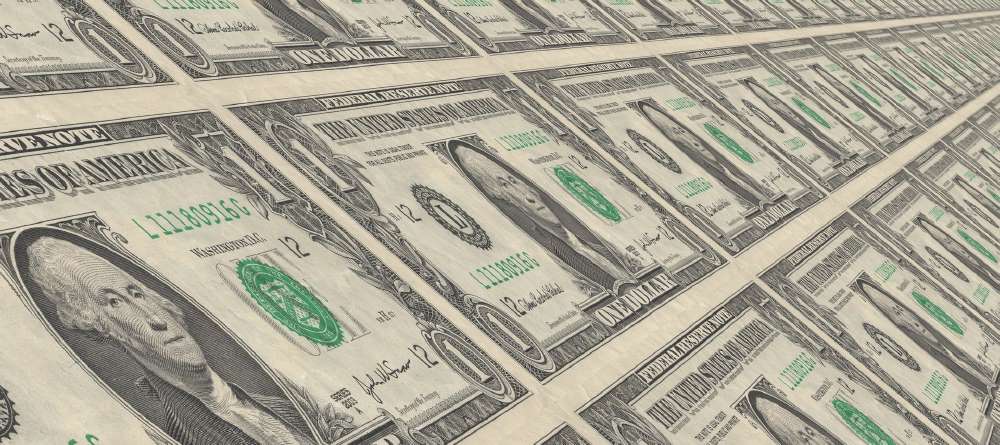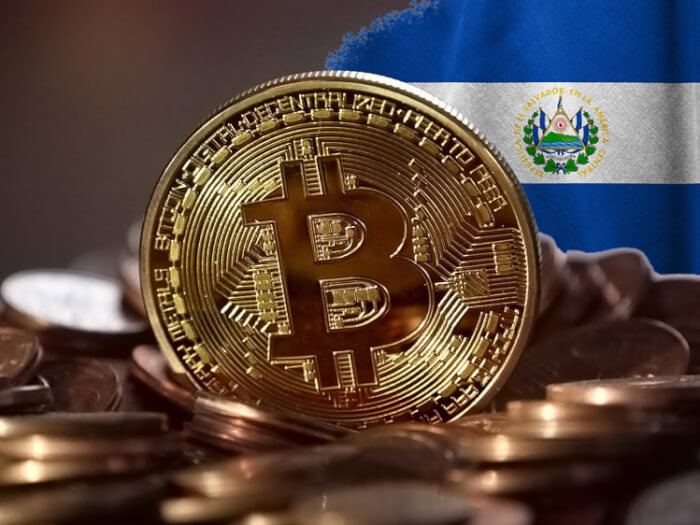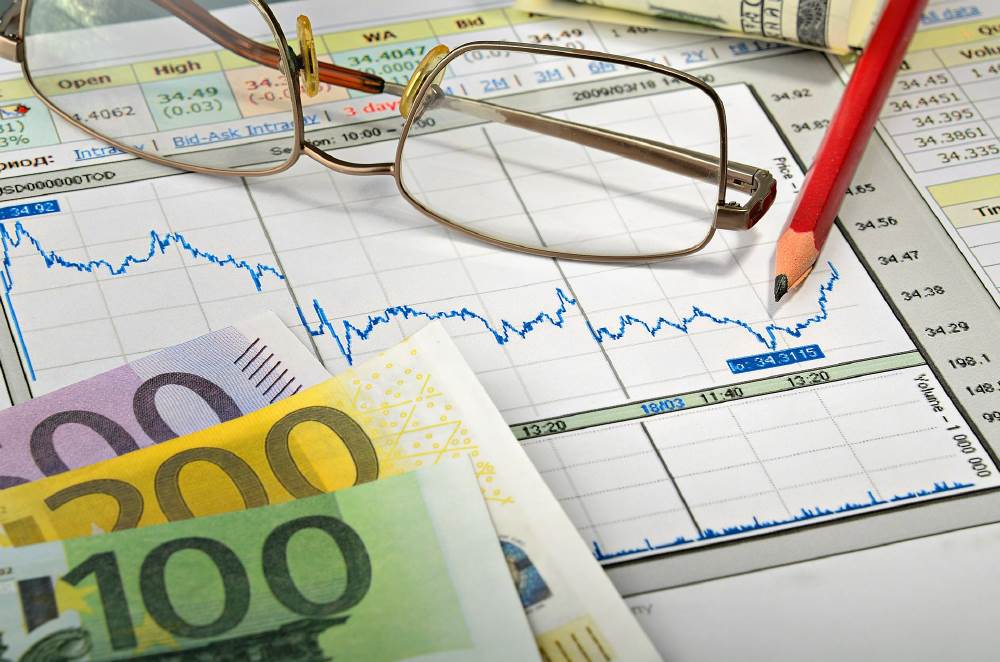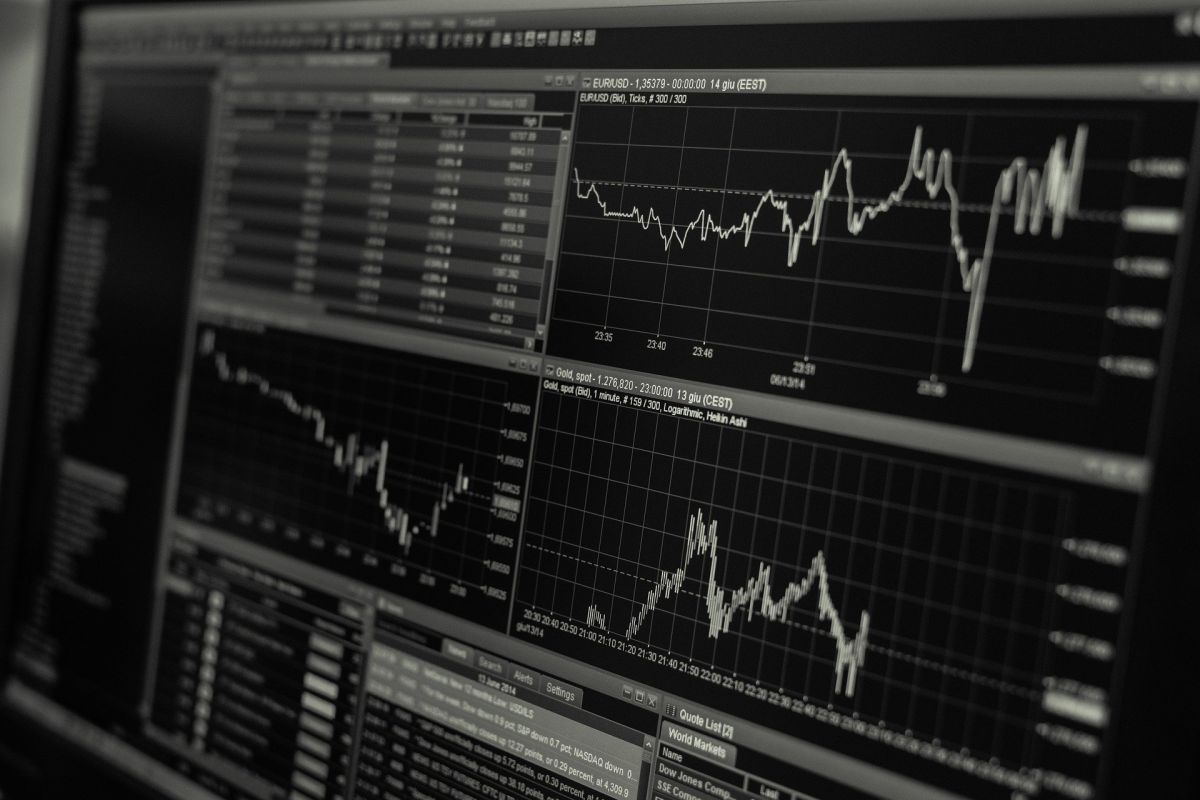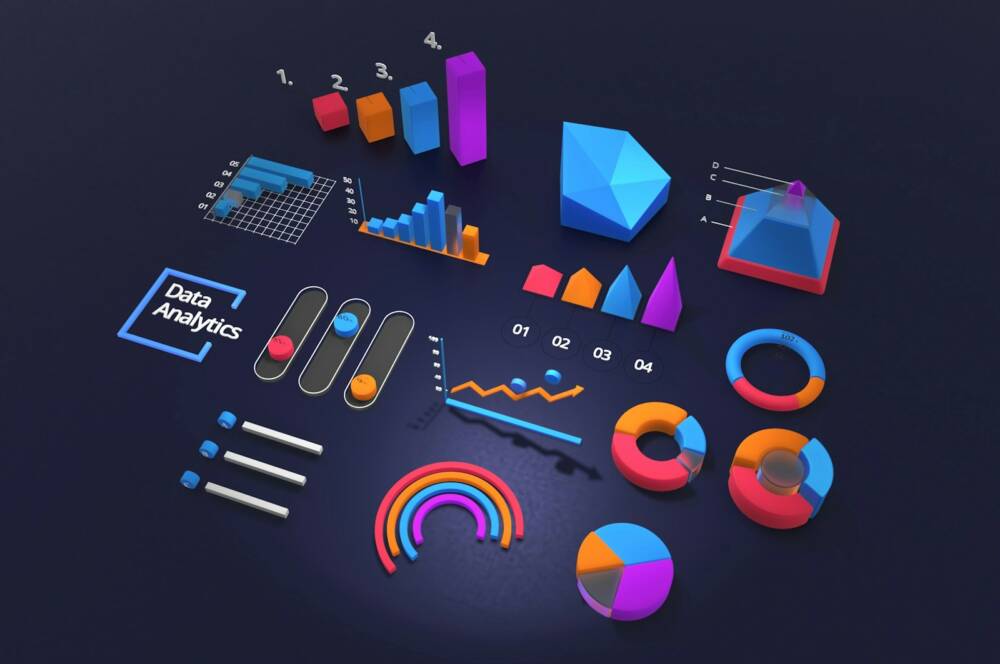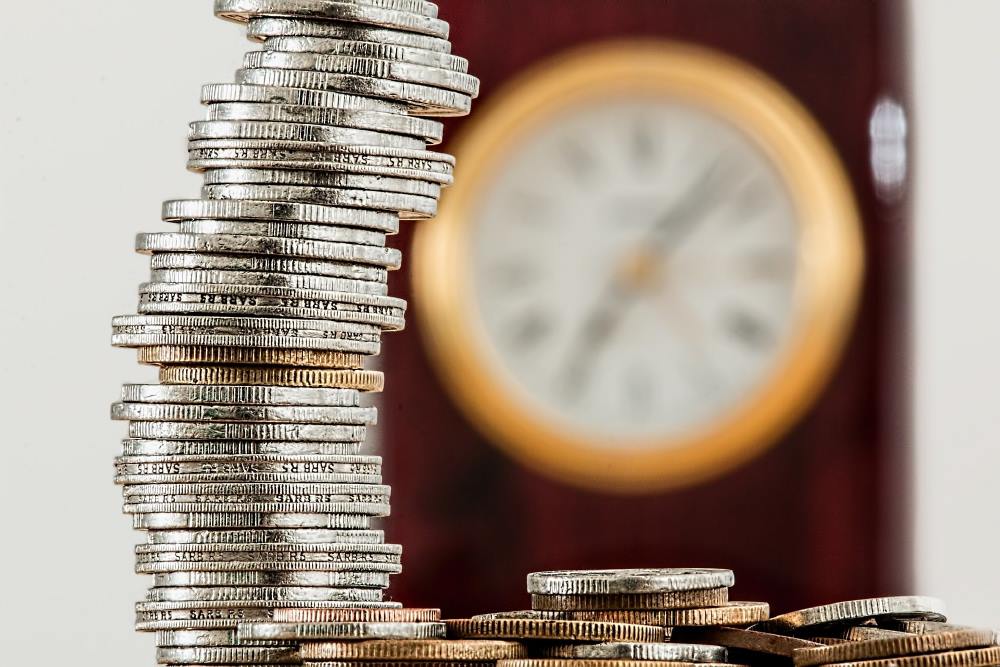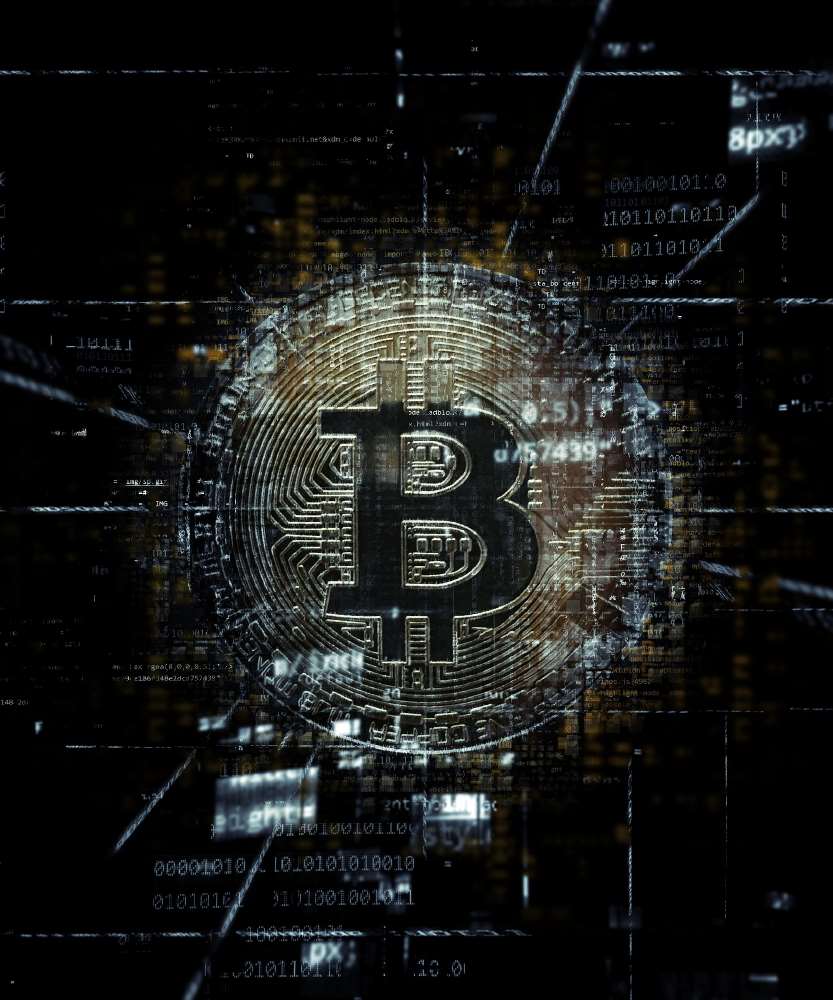The EUR/USD rallied on Thursday, as technical trading sent the pair higher amid mixed economic data from Germany.
The EUR/USD regained 1.13 and climbed to an intraday high of 1.1367. It would later consolidate at 1.1320 in the North American session, advancing 0.4 percent. Initial support is likely found at 1.1253 and resistance at 1.13355. The EUR/USD could sustain a larger rebound above the initial resistance test as the RSI climbs off oversold levels.
Technical trading supported the euro despite plunging German inflation, which highlighted even more so the downside risks facing the Eurozone economy. Germany’s consumer price index of goods and services declined more than forecast in January, plunging 0.3 percent annually.
Germany’s harmonized CPI rate, which calculates inflation using a method consistent throughout the European Union, declined 0.5 percent annually, the biggest drop in more than five years.
The European Central Bank last week joined a growing list of central banks that have eased monetary policy this month to account for deflationary risk. The ECB introduced its long-awaited quantitative easing program last Thursday, announcing it would begin buying government bonds worth €60 billion per month. The QE program, which is expected to last until at least September 2016, could inject up to €1 trillion into the Eurozone economy.
The EUR/USD plummeted to fresh 12-year lows following the news and risks further downside action as the markets brace for weaker inflation figures and diverging central bank policies between the ECB and United States Federal Reserve.
In a separate report today Germany said its unemployment rate fell in January to its lowest level in more than two decades, a sign Europe’s largest economy was gradually improving despite regional imbalances. Germany’s unemployment rate fell to 6.5 percent in January, down from 6.6 percent a month earlier. That was the lowest level since the reunification of East and West Germany in 1990.
An improving labour market and cheaper gas prices are lifting German consumer sentiment, according to GfK. The market research firm’s monthly consumer confidence index reached 9.3 in February, a 13-year high.
“Consumers are expecting the German economy to continue developing positively over the coming months,” GfK reported on Wednesday in a press release.
It added, “Falling energy prices will play a major role in this respect. Low energy prices combined with a considerable depreciation in the euro are acting as an economic stimulus and should boost not only exports, but also companies’ willingness to invest.”
MKTPlace is a leading digital and social media platform for traders and investors. MKTPlace offers premiere resources for trading and investing education, digital resources for personal finance, news about IoT, AI, Blockchain, Business, market analysis and education resources and guides.


